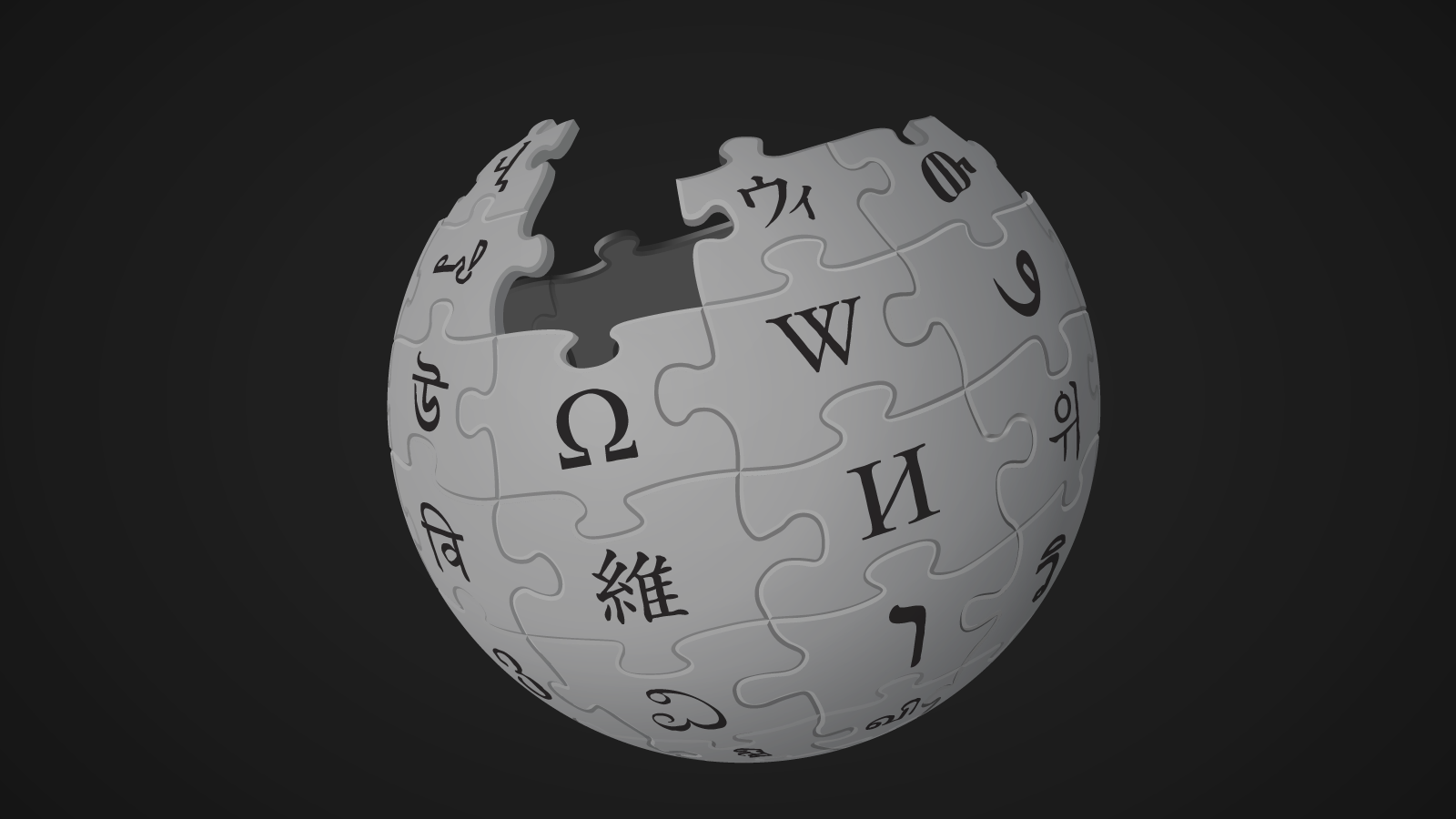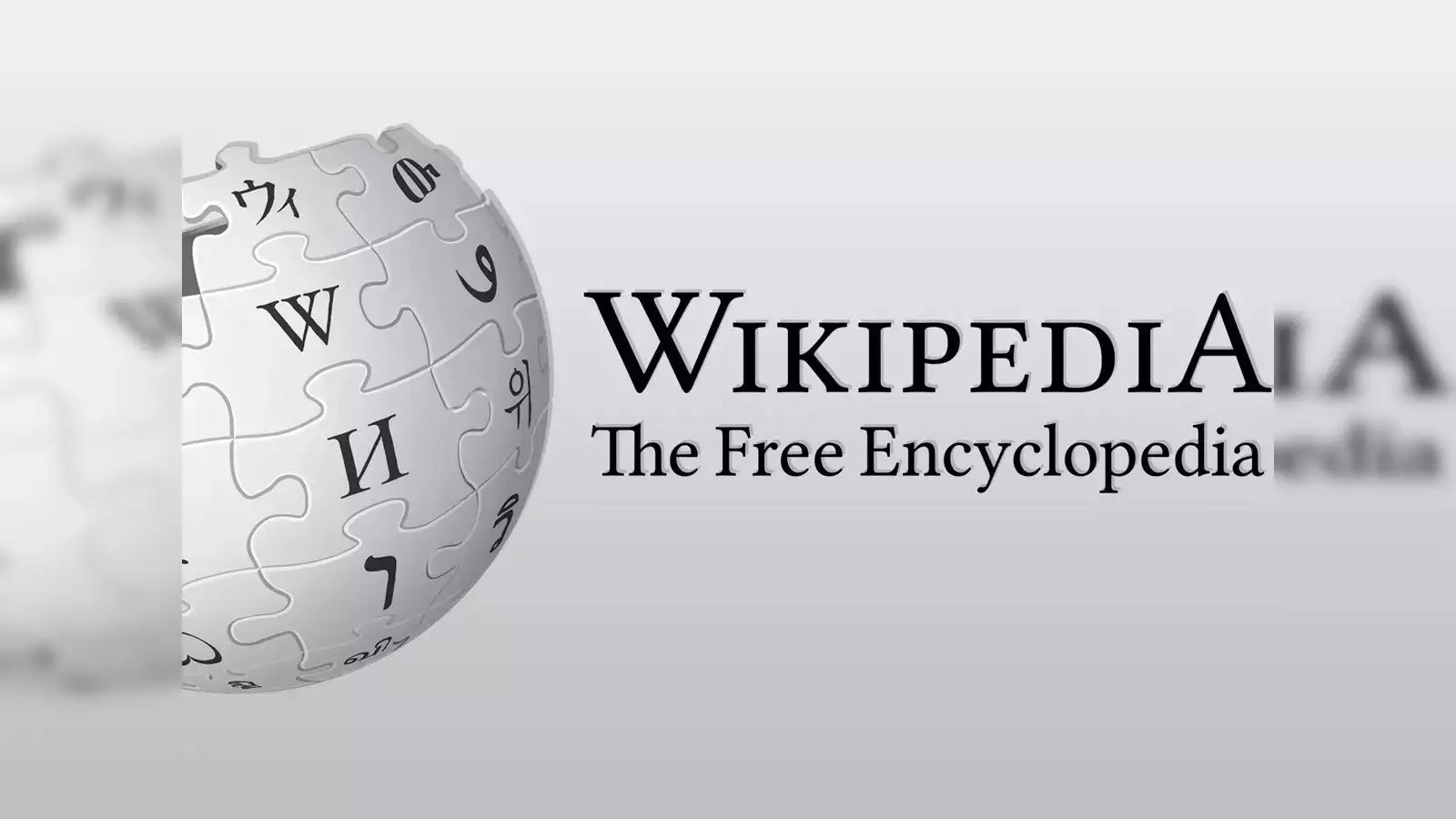Wikipedia is one of the most visited websites globally, serving as a vast repository of human knowledge. Established in 2001 by Jimmy Wales and Larry Sanger, this free online encyclopedia has revolutionized the way information is accessed and shared. What started as a small project has grown into a colossal platform with over 55 million articles in more than 300 languages, making it an indispensable tool for students, researchers, and anyone curious about the world.
The Origins and Evolution of Wikipedia
Wikipedia was born out of the desire to create an open and accessible source of information for everyone. The idea was to allow users to contribute content, ensuring that knowledge was not locked behind paywalls or controlled by a select few. The platform was launched on January 15, 2001, as a complement to Nupedia, a free online encyclopedia project that required articles to be written by experts and approved through a formal review process.
Unlike Nupedia, Wikipedia adopted a more open model, allowing anyone to edit articles. This crowdsourced approach quickly gained popularity, leading to the rapid growth of the encyclopedia. By the end of its first year, Wikipedia had over 20,000 articles in 18 languages. The project’s success led to the eventual decline of Nupedia, which was officially discontinued in 2003.
The Wikipedia Model: Crowdsourcing Knowledge
Wikipedia core model is based on crowdsourcing, where anyone with internet access can create or edit an article. This openness has been both a strength and a challenge. On one hand, it allows for a wide range of topics to be covered and for the content to be updated quickly. On the other hand, it raises concerns about the accuracy and reliability of the information.
To address these concerns, Wikipedia has developed a set of guidelines and policies that govern content creation and editing. Articles must be written from a neutral point of view, with verifiable sources cited to support the information. Wikipedia also relies on a large community of volunteers who monitor changes to ensure that the content remains accurate and up-to-date.
Despite these measures, the open nature of Wikipedia means that it is still vulnerable to vandalism and misinformation. However, the platform’s collaborative model has proven effective in addressing these issues. Over time, Wikipedia articles tend to improve in quality as more contributors add their expertise and correct errors.
Wikipedia Impact on Education and Research
Wikipedia has had a profound impact on education and research. It has democratized access to knowledge, allowing people from all over the world to learn about a vast array of subjects. The platform is often the first point of reference for students and researchers, providing a broad overview of topics and serving as a starting point for deeper exploration.
However, Wikipedia open model has also led to debates about its use in academic settings. Some educators discourage students from citing Wikipedia directly in their work due to concerns about the reliability of the content. Instead, they recommend using Wikipedia as a supplementary resource to gain an initial understanding of a topic before consulting more authoritative sources.
Despite these concerns, Wikipedia has become an invaluable educational tool. The platform’s reach and influence have even led to the creation of initiatives like the Wikipedia Education Program, which encourages educators to incorporate Wikipedia into their teaching. By having students contribute to Wikipedia, they learn valuable research and writing skills while also improving the quality of the content on the site.

Wikipedia Role in Preserving Cultural Heritage
Wikipedia also plays a crucial role in preserving cultural heritage. The platform hosts articles on a wide range of cultural topics, including languages, traditions, and historical events. By documenting these aspects of culture, Wikipedia helps to ensure that they are not lost to time.
One of the most significant initiatives in this area is the Wikimedia Foundation’s partnership with cultural institutions through the GLAM (Galleries, Libraries, Archives, and Museums) program. This initiative encourages cultural institutions to share their knowledge and resources with the world through Wikipedia. As a result, valuable information about cultural heritage is made accessible to a global audience.
In addition to preserving existing knowledge, Wikipedia also contributes to the documentation of new cultural phenomena. The platform’s openness allows it to quickly adapt to changes in society and culture, ensuring that it remains relevant and up-to-date.
The Challenges and Controversies Facing Wikipedia
While Wikipedia has achieved remarkable success, it has not been without its challenges and controversies. One of the most significant issues facing the platform is the gender gap among its contributors. Studies have shown that the majority of Wikipedia editors are male, which has led to concerns about bias in the content. Efforts are being made to address this imbalance, including initiatives to encourage more women to contribute to Wikipedia.
Another challenge is the platform’s reliance on volunteer labor. While Wikipedia is free to use, it is not free to operate. The Wikimedia Foundation, the non-profit organization that oversees Wikipedia, relies on donations to fund its operations. This reliance on donations has led to concerns about the platform’s sustainability, especially as it continues to grow.
Wikipedia has also faced legal challenges, particularly around issues of copyright and defamation. The platform’s open model means that it is vulnerable to legal action from individuals and organizations who believe they have been wronged by the content. The Wikimedia Foundation has worked to address these issues by implementing policies that protect the rights of both contributors and subjects of articles.
Despite these challenges, Wikipedia continues to thrive. The platform’s resilience is a testament to the power of collaboration and the enduring value of open access to information.
The Future of Wikipedia
As Wikipedia enters its third decade, it faces both opportunities and challenges. The platform’s success has inspired other projects, such as Wikidata, a free and open knowledge base that serves as a central repository for structured data. These projects are helping to expand the scope and reach of Wikipedia, ensuring that it remains a vital resource for generations to come.
One of the most exciting developments in Wikipedia future is the potential for artificial intelligence (AI) to enhance the platform. AI tools are already being used to help with tasks like identifying and correcting vandalism, but there is potential for even greater integration. For example, AI could be used to automatically generate articles on topics that are currently underrepresented on Wikipedia, ensuring that the platform remains comprehensive and up-to-date.
However, as Wikipedia continues to evolve, it must also remain true to its core principles. The platform’s success is built on the idea of open access to information, and it is essential that this principle is maintained. As Wikipedia grows and changes, it must continue to be a platform where anyone can contribute and where knowledge is freely shared.
Conclusion
Wikipedia is more than just an online encyclopedia; it is a testament to the power of collaboration and the importance of open access to information. Since its inception, Wikipedia has grown into one of the most important resources on the internet, providing knowledge to millions of people around the world. While it faces challenges and controversies, its future remains bright, thanks to the dedication of its contributors and the ongoing support of the global community. As Wikipedia continues to evolve, it will undoubtedly remain a cornerstone of the digital age, ensuring that knowledge is accessible to all.




